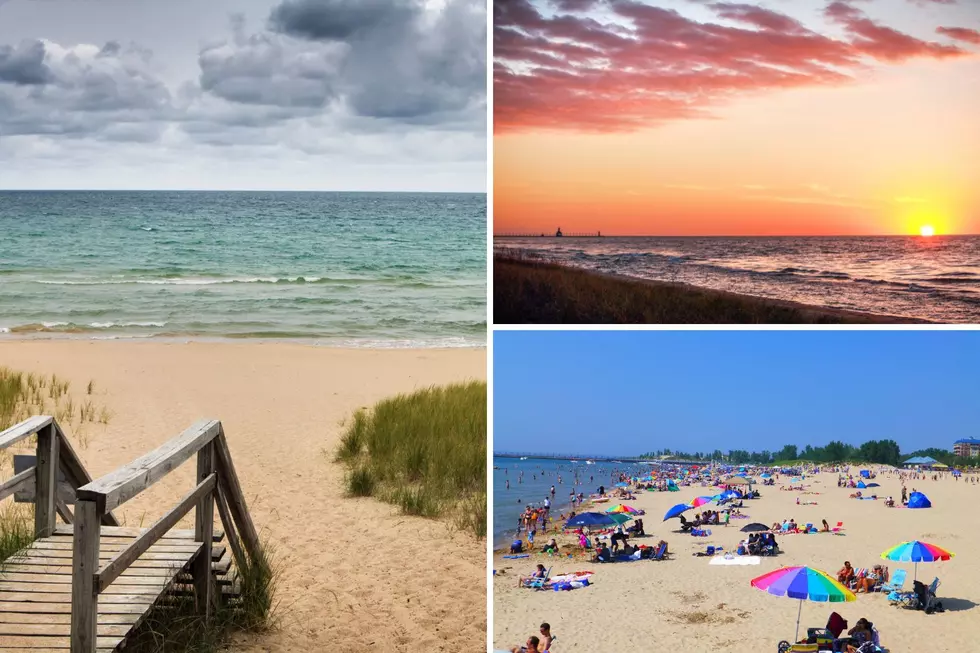
Polar Vortex Causes New Winter Forecast Of Cold Snowy Weather
Scientists and meteorologists are changing the forecast for the remainder of the winter season in the northern hemisphere and it's all because of the polar vortex.
What's the polar vortex?
Great Question! The polar vortex is all of the cold air that is trapped around the north and south poles of the planet. The cold air swirls around the poles and rarely moves outside of the arctic regions. But, every once in a while the vortex will wobble and will surge outside of the polar region and push extremely cold air into the Eastern United States, Europe, and Siberia. When this happens, temperatures will drop dramatically and with the temperature drop it will sometimes cause some heavy precipitation.
What does that mean for West Michigan?
Another great question! If you look at the example map above, you'll see that the cold air only really goes into the northeastern portion of the United States. That means that those areas will experience colder than average temperatures while the vortex is surging south. But, for West Michigan, that also can mean snow. A lot of snow.
We are very unique because of our proximity to Lake Michigan. We get a lot of lake effect snow when temperatures suddenly drop because of how the cold air interacts with Lake Michigan. When temperatures have been above average, the warmer surface temperature of the lake can cause heavy precipitation along the lakeshore.
So, when will this colder, snowier winter start?
That's what everyone is trying to figure out. Most people seem to think that this week will be a small preview of what we have in store for late January and much of February. We should expect low temperatures and average to high levels of snowfall during this time if the polar vortex does move south. And most think it will.
So, if you've been bummed out about this winter being rainy and warmer than average, get ready to enjoy some winter activities starting at the end of the month. And if you have been loving this mild winter, enjoy next week because it might be your last glimpse of the sun and temperatures in the 40s until spring finally arrives in March.
More From 97.9 WGRD









